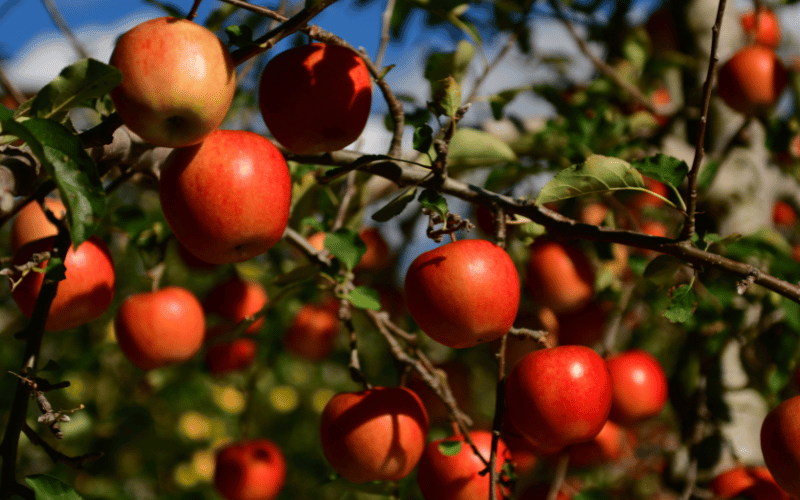Introduction: The Need for Low-Potassium Food Choices
Managing one’s diet is a critical aspect of living healthily. It’s particularly significant when dealing with certain medical conditions that necessitate the tracking of specific nutrients. One such nutrient is potassium – an essential mineral vital for the body’s healthy functioning. However, there are scenarios, such as kidney disease, where limiting potassium intake becomes paramount. This introduction will pave the way for the discussion about 20 best foods for a low-potassium diet, setting a foundation of understanding for this important health concern.
Potassium plays an integral role in maintaining fluid balance, nerve function, and muscle contraction. It’s also crucial for heart health. On average, an adult requires 4,700 milligrams of potassium per day. However, if kidneys aren’t functioning correctly, they struggle to remove excess potassium from the blood, potentially leading to dangerous heart rhythms. In such circumstances, healthcare providers often advise a low-potassium diet, which necessitates careful selection of what goes on the plate.
A low-potassium diet is one where a person limits their daily potassium intake to less than 2,000 milligrams. In general, it includes the avoidance of potassium-rich foods like bananas, avocados, potatoes, tomatoes, and oranges. However, this does not mean one is resigned to a bland, uninteresting diet. On the contrary, there’s a plethora of food options that are both low in potassium and packed with other essential nutrients.
1. Apples: A Delightful Low-Potassium Fruit
When it comes to fruit options for a low-potassium diet, apples reign supreme. Not only do they fall within the parameters of low-potassium food, but they also bring to the table an array of other health benefits, making them a staple for a balanced and healthy diet.
An apple, particularly a medium-sized one, is a powerhouse of nutrients yet remains low in potassium. On average, it contains about 195 milligrams of potassium. Compared to some other fruits like bananas, which pack over double the potassium content, the humble apple maintains a low profile in the potassium department.
However, being low in potassium does not mean it lacks in other areas. Apples are rich in fiber, particularly soluble fiber known as pectin. This compound is known for its ability to lower blood cholesterol levels. Not only that, but pectin also improves gut health, supporting beneficial gut bacteria, aiding digestion, and potentially offering protection against certain types of cancers.
But what sets apples apart is their versatility. Their sweet yet slightly tangy taste makes them an excellent addition to various meals. You can bite into one as a quick snack or mix them into your oatmeal for a potassium-conscious breakfast. They can be baked into a delicious dessert or added to salads for a sweet and crunchy element. The options are endless with apples!
Moreover, the different apple varieties available throughout the year ensure that boredom doesn’t creep into your diet. Whether it’s the tart Granny Smith, the sweet Gala, or the balanced Honeycrisp, there’s an apple to suit everyone’s taste buds. So, it’s easy to keep things interesting and varied, crucial for sticking to any dietary plan. (*)
